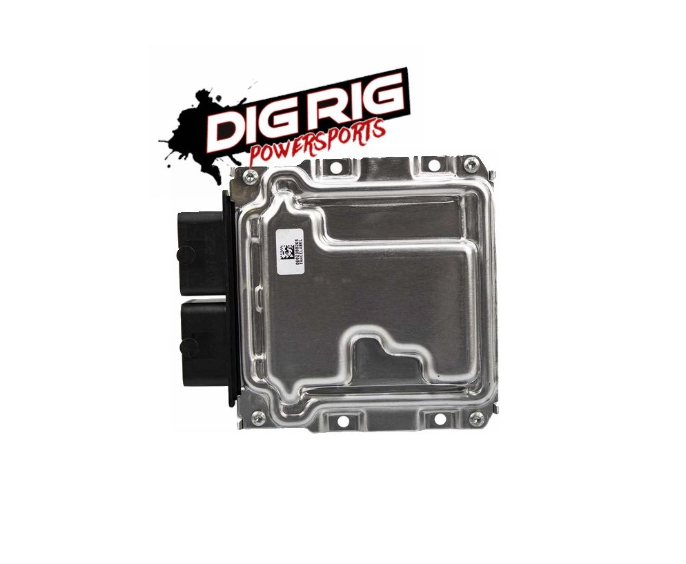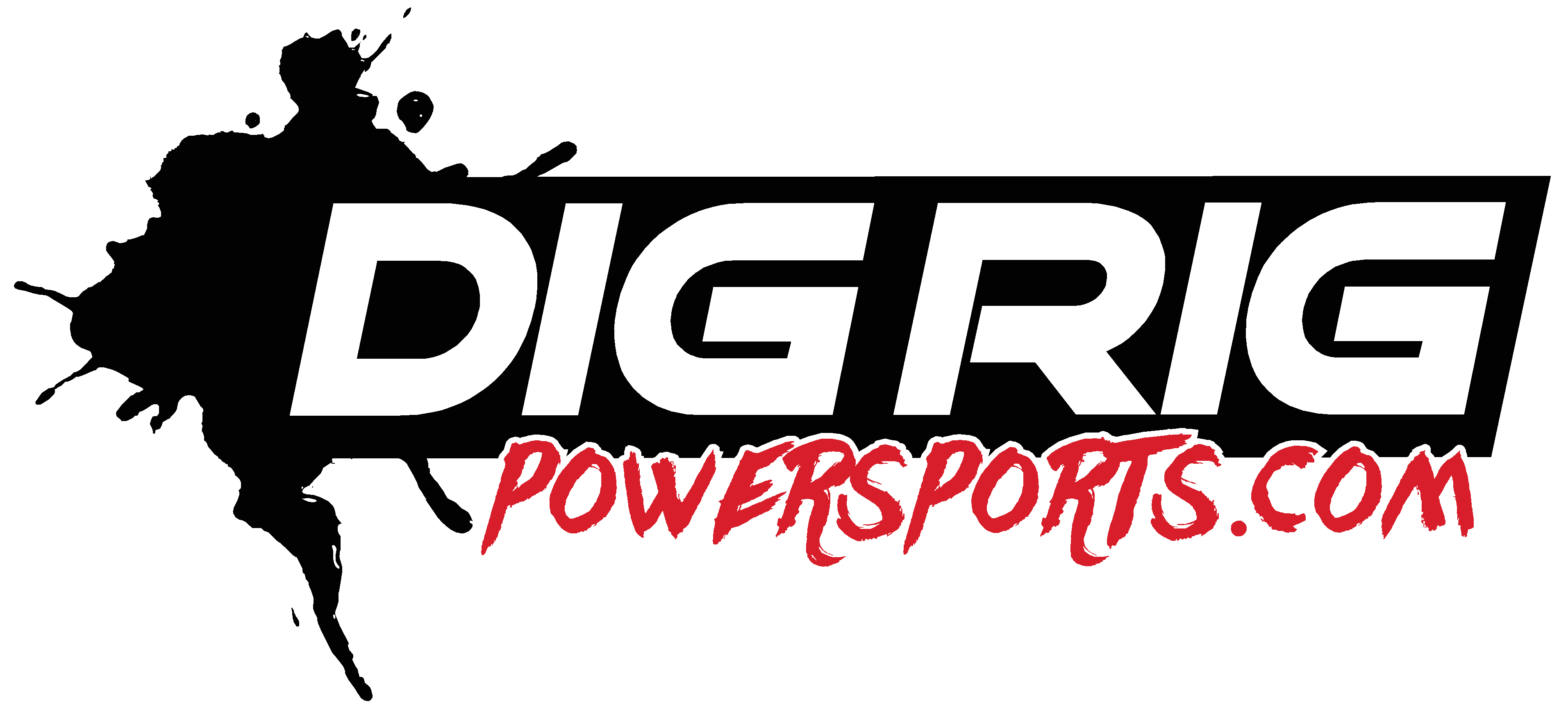Is an ECU Tune Required for a Turbo Kit? Here’s What You Need to Know

Thinking about adding a turbo to your ride? Maybe you’ve already picked out the kit and watched all the installation videos, and you’re ready for that sweet boost to kick in. But before you spin that turbo and feel the surge of power, there’s one big question that can’t be ignored—is an ECU tune for turbo kit installation really necessary?
We get it—the idea of bolting on a turbo and instantly unlocking horsepower sounds awesome. But the truth is, the magic doesn’t fully happen until your engine knows what to do with all that extra air. And that’s where the ECU comes in. Without proper tuning, your turbocharged setup might fall flat—or worse, blow up your engine.
In this blog, we’re diving into what’s really included in a turbo kit, what an ECU actually controls, and why skipping tuning isn’t just risky—it’s performance sabotage. Whether you're aiming for safe, reliable gains or full-on power madness, we’ll explain everything you need to know about the role of an ECU tune for turbo kit upgrades. Buckle up—it’s about to get fun (and fast).
What’s Included in a Turbo Kit?
A turbo kit installation is like giving your engine a shot of adrenaline. But what’s actually in the box when it arrives at your doorstep?
Typical Turbo Kit Components:
Most turbo kits come with hardware that turns your naturally aspirated car into a power-hungry beast. Here’s what’s usually included:
- Turbocharger (the heart of the setup)
- Intercooler (to keep that air nice and cool)
- Piping and couplers (airflow highways)
- Exhaust manifold (routes exhaust gases to spin the turbo)
- Blow-off valve or wastegate (to regulate boost control)
- Oil feed and return lines
- Fuel system upgrades (injectors, pump)
Now here’s the twist—an ECU tune for turbo kit setups is usually not included in the box. That’s something you need to arrange separately, but trust us, it's not optional. Think of the hardware as the muscles and the ECU tune as the brain. One doesn’t work properly without the other.
Why an ECU Tune is Necessary After Installing a Turbo
So, you’ve bolted on that shiny turbo, and it’s spinning like crazy. Great, right? Well, not exactly, unless your engine knows what to do with all that new air. That’s where tuning steps in.
What the ECU Controls:
Your car’s ECU (Engine Control Unit) is like a conductor in a symphony. It manages:
- Air/fuel ratios
- Ignition timing
- Boost control
- Throttle response
- Fuel delivery
Add a turbo, and suddenly, all these systems are out of sync. Your engine needs to be told how to handle the extra air, how much fuel to mix with it, and when to fire the spark. That’s where an ECU flash tuning session saves the day.
Risks of Not Tuning:
Installing a turbocharger upgrade without tuning is like trying to run a marathon without any training.
Here’s what can go wrong:
- Engine knock (detonation—very bad)
- Overheating and blown head gaskets
- Rich or lean air/fuel mixtures
- Poor throttle response
- Sluggish performance (yes, your turbo can make your car slower if it’s not tuned)
Why Tuning Is a Win:
- Maximized horsepower and torque
- Smooth power delivery
- Improved fuel economy (yes, really!)
- Reliable boost control
- Longer engine life
In short, if you want your turbo to do more than just make cool noises, you need an ECU tune for turbo kit setups.
Types of ECU Tuning for Turbocharged Engines
Alright, so tuning is necessary—but what kind? Let’s talk about the different ways you can tweak your car’s brain.
ECU Flash (Preloaded Tunes)
Think of this as software updates for your phone. A reputable tuner creates a preloaded map based on your vehicle model and turbo setup. These can be installed via the OBD-II port using a laptop or handheld tuner.
Pros:
- Convenient
- Relatively affordable
- Quick install
Cons:
- Not always precise for custom setups
- Can limit flexibility with future mods
If your setup is pretty standard, ECU flash tuning might be all you need to start making safe power gains.
Custom Dyno Tuning
This is the VIP treatment for your engine. A pro tuner puts your car on a dyno and calibrates everything in real time based on your specific turbocharger upgrade and supporting mods.
Pros:
- Perfect for unique builds
- Max performance and safety
- It can adjust for climate, altitude, and fuel type
Cons:
- Takes time
- Costs more than canned tunes
This is the go-to option if you’re chasing numbers or if your turbo kit installation includes more complex parts like upgraded injectors or a new intake manifold.
Piggyback vs. Standalone ECUs
Sometimes, the stock ECU just can’t cut it. That’s where piggyback systems and standalone ECUs come in.
- Piggyback ECUs intercept and adjust signals to the factory ECU
- Standalone ECUs replace the stock brain entirely
These are more common in high-performance or race builds. They allow total control over boost control, fuel delivery, and ignition.
Heads-up: If you're heading this route, you're in deep—prepare for serious performance tuning and a lighter wallet.
Can You Install a Turbo Without an ECU Tune?
Let’s say you’re impatient (we get it). You want that sweet turbo whistle now. Is it really that bad to skip the tune? The short answer is, yeah, it kind of is.
What Happens Without a Tune?
Without tuning, your engine's factory ECU won’t know what to do with all that extra air.
- Fuel injectors might not deliver enough fuel
- The ignition timing might be way off
- Your turbo might overboost or underboost
- Check engine lights galore
- Worst case? Boom. Engine damage.
Even a low-boost setup can run into trouble if the ECU isn't managing boost control and air/fuel ratios properly.
Mild Setups That Might Work
Some budget-friendly turbocharger upgrades are designed to work with stock ECUs for very light boosts (like 4-6 psi). But even then, you're rolling the dice.
- You may avoid catastrophic failure.
- But you're leaving power on the table
- Driveability might suck
- Engine life could be shortened
Bottom line: It might "work," but it won’t work well and definitely won’t last. If you’re doing a turbo kit installation, don’t cheap out on the tune.
How to Get the Right ECU Tune for Your Turbo Kit
So, you’ve decided that an ECU tune for turbo kit installs isn’t optional—it’s essential. But now comes the real question: How do you choose the right tune for your setup?
Find Preloaded Maps from Trusted Tuners
For standard builds, ECU flash tuning via preloaded maps is a popular starting point. These software-based tunes are designed for common turbo kit installation setups and can be flashed through your OBD-II port. Just make sure the map:
- Matches your vehicle’s year and model
- Supports your specific turbocharger upgrade
- Has positive user reviews or proven dyno results
Avoid random tunes from sketchy sources. You want reliable performance tuning, not a gamble that might hurt your engine.
When to Consider Custom Tuning
If your build includes high-boost levels or upgraded parts like fuel injectors, a custom dyno tune is the better choice. This method adjusts everything—boost control, ignition timing, fuel delivery—in real time on a dyno. It’s tailored for your exact setup and driving conditions, including elevation and fuel type.
Cost and Time Involved
Tuning costs vary depending on your route:
- Preloaded tunes: $300–$700
- Custom dyno tuning: $600–$1,500+
- Standalone ECU with full performance tuning: $2,000+
Time estimates:
- Flash tuning: 1–2 hours
- Dyno tuning: Half a day or more
- Full standalone installs: Several days
Want to save time and money? Bundle your tuning session with the turbo kit installation to streamline the process and reduce labor. Choosing the right ECU tune turns your turbo kit into real, usable power and keeps your engine running strong.
Final Thoughts
So, is an ECU tune for turbo kit setups required? Absolutely. Whether you’re doing a mild build or going full race mode, tuning is what transforms that bundle of parts into a true performance machine.
Skipping the tune is a fast track to frustration, poor performance, or even a blown engine. Whether you're flashing a preloaded map or going all-in on custom performance tuning, the goal is the same: safe, controlled power that makes your car more fun to drive.
From ECU flash tuning to custom dyno sessions, every path starts with research and a little patience. Tuning isn’t just a final step; it’s the bridge between upgrade and performance.
Need help figuring out your best tuning options? Contact us to speak with a professional who can guide your build from start to full boost without missing a beat.
